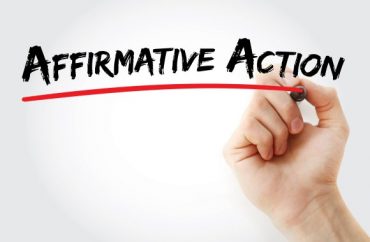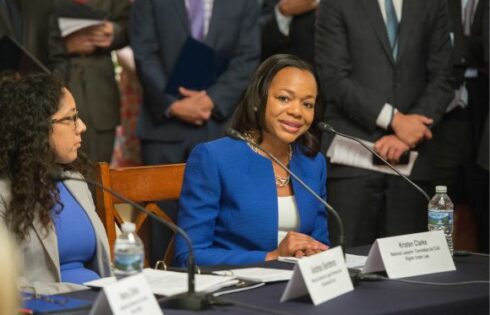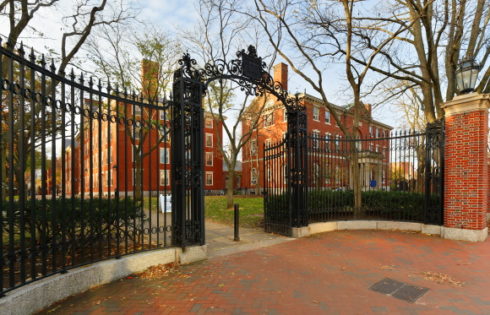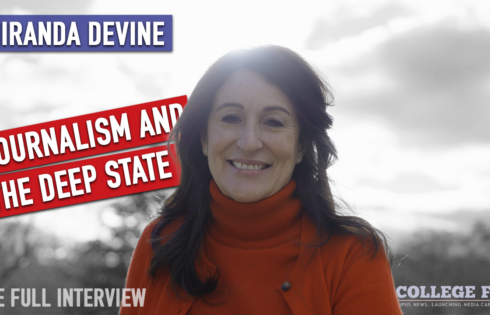
Two-decade-old affirmative action ban repealed by legislature
The Washington legislature has repealed the state’s ban on affirmative action, instituting a new policy that will allow state universities to consider race and sex during the admissions process.
The law, known as Initiative 1000, “passed largely along party lines, with Democrats voting in favor and Republicans opposed,” The Seattle Times reports.
I-1000 repeals a prior law, Initiative 200, passed in the late 1990s. That law “blocked the government from giving preferential treatment to, or discriminating against, people and groups on the basis of sex, ethnicity, color, race or national origin.”
The new rule once again enshrines affirmative action into state law; the bill itself states that “affirmative action” is defined as “a policy or procedure by which racial minorities, women, persons in the protected age category, persons with disabilities, Vietnam-era veterans, honorably discharged military veterans, and veterans with disabilities are provided with increased employment opportunities. It shall not mean any form of quota system.”
The Times reports that, following the voter-approved ban on affirmative action, the University of Washington developed a “holistic” admissions process meant to compensate for the ban on discriminatory admissions policies:
Philip Ballinger, the longtime head of admissions at the UW, says the university then developed a “holistic admissions process” that looks at factors beyond GPA and standardized test scores as well as markers of socioeconomic status. That can help students who grow up poor, who are the first in their families to go to college or don’t have access to rigorous high-school classes, and it has helped the UW improve the diversity of its student body.
Here’s where holistic admissions doesn’t help: It means the university often can’t admit women or students of color whose test scores or GPAs are just a nudge lower, and didn’t come from disadvantaged backgrounds.
The kids that the UW can’t admit under the affirmative action ban may have come from college-educated families, or went to academically strong high schools. Ballinger described them as being in the “strong middle group.”
I-200’s ban on affirmative action was “not just about race,” the paper reports; for instance, “female students make up only about a third of the UW’s computer science school,” but under the old law, the university couldn’t “use gender as a factor to admit more women.”
The text of the most recent law also created a “Governor’s Commission on Diversity, Equity and Inclusion,” a panel that will be “responsible for planning, directing, monitoring, and enforcing each state agency’s compliance” with the new law.
Initiative 1000 will likely be signed by Washington Governor Jay Inslee, a Democratic, in the coming days. The governor’s website states that “once the house speaker and senate president sign [a] bill, it’s delivered to the governor’s office. This process can take several days following the passage of a bill by the Legislature.” The governor’s office did not immediately return a request for comment from The College Fix on Wednesday.
MORE: University affirmative action plan calls for hiring more women than men
IMAGE: dizain / Shutterstock.com
Like The College Fix on Facebook / Follow us on Twitter





Please join the conversation about our stories on Facebook, Twitter, Instagram, Reddit, MeWe, Rumble, Gab, Minds and Gettr.